When you want to preserve your product such as tomato paste from Zimbabwe or another international brand, it doesn’t matter you have to pack and freeze it in a refrigerator to remain healthy and fresh.
As it pushes forward with efforts to consolidate the revenues of its most recent business unit, Sondelani Ranching, which is one of the most prominent agricultural concerns in the country, will soon begin shipping tomato paste into the region from its second lieutenant processing plant in Zimbabwe.
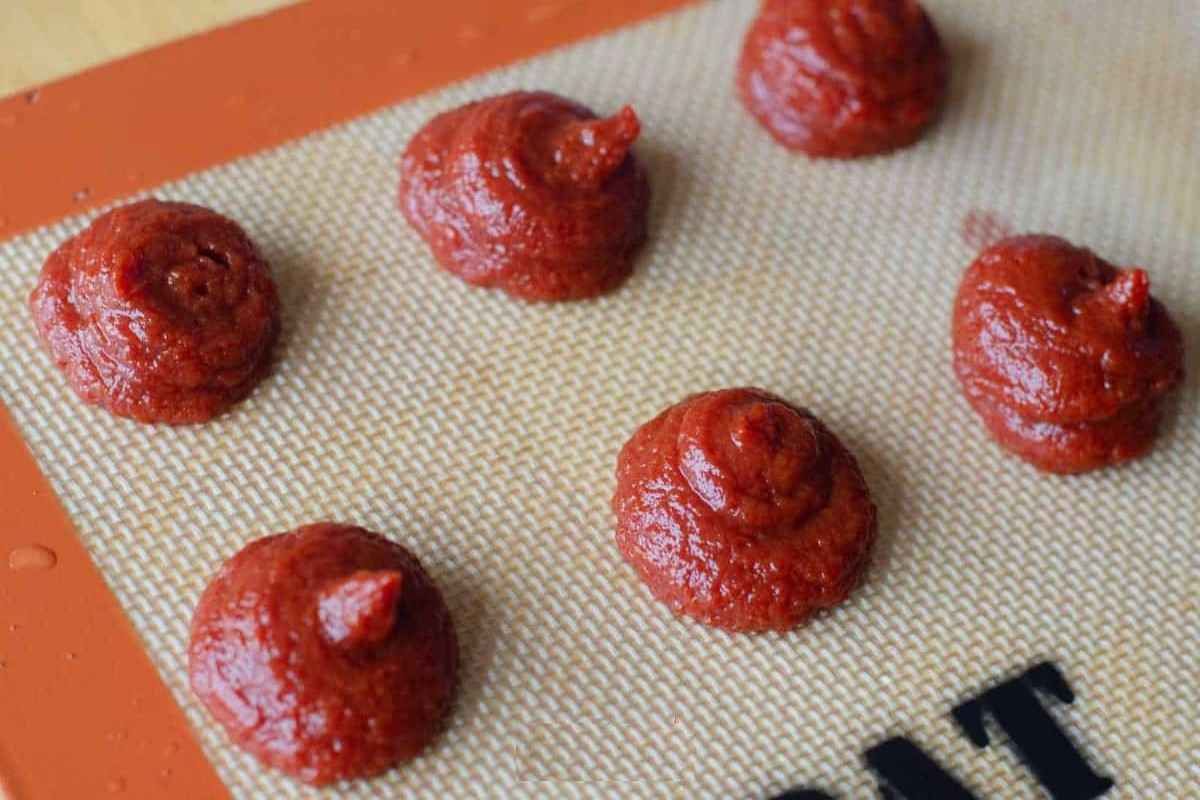
The Chief Executive Officer of Sondelani Ranching, Mr. Peter Cunningham, stated that the state-of-the-art tomato processing facility that cost USD 2 million had completed its trial runs by processing approximately 2000 metric tonnes of The Chief Executive Officer of Sondelani Ranching, Mr. Peter Cunningham, stated that the state-of-the-art tomato processing facility that cost USD 2 million had completed its trial runs by processing approximately 2000 metric tonnes of
“They just finished the test runs, during which designers processed between one thousand and one eight hundred tonnes of tomatoes to ensure that it will work.
It is ready to be distributed, and I believe there is a healthy market for it (tomato paste). Humans shouldn’t wait until the end of November to start harvesting tomatoes because they are already in the ground and being grown by farmers.
Mr. Cunningham stated that the tomato factory would most likely be operational from October through June of each year because that is when the production of the fruit is expected to be at its highest.
The company is already working on the logistics necessary to begin exporting within the region.
“The initial 6,000 metric tons will be allocated to Zimbabwe for the purpose of reducing reliance on imports; subsequent allocations will be made to Namibia, the Democratic Republic of the Congo (Congo), and South Africa.
South Africa has an extremely high demand, and they are already working to get us established there “said Mr. Cunningham.
The Democratic Republic of the Congo (16 630 tonnes), Angola (16 000 tonnes), and Namibia are the three other countries that import the most tomato paste each year, while South Africa imports approximately 30 000 tonnes (1 208).
According to Mr. Cunningham, the company was motivated to establish the tomato processing plant so that it could take on the anticipated large produce from farmers who were trained under the Turning Matabeleland Green (TMG) scheme.
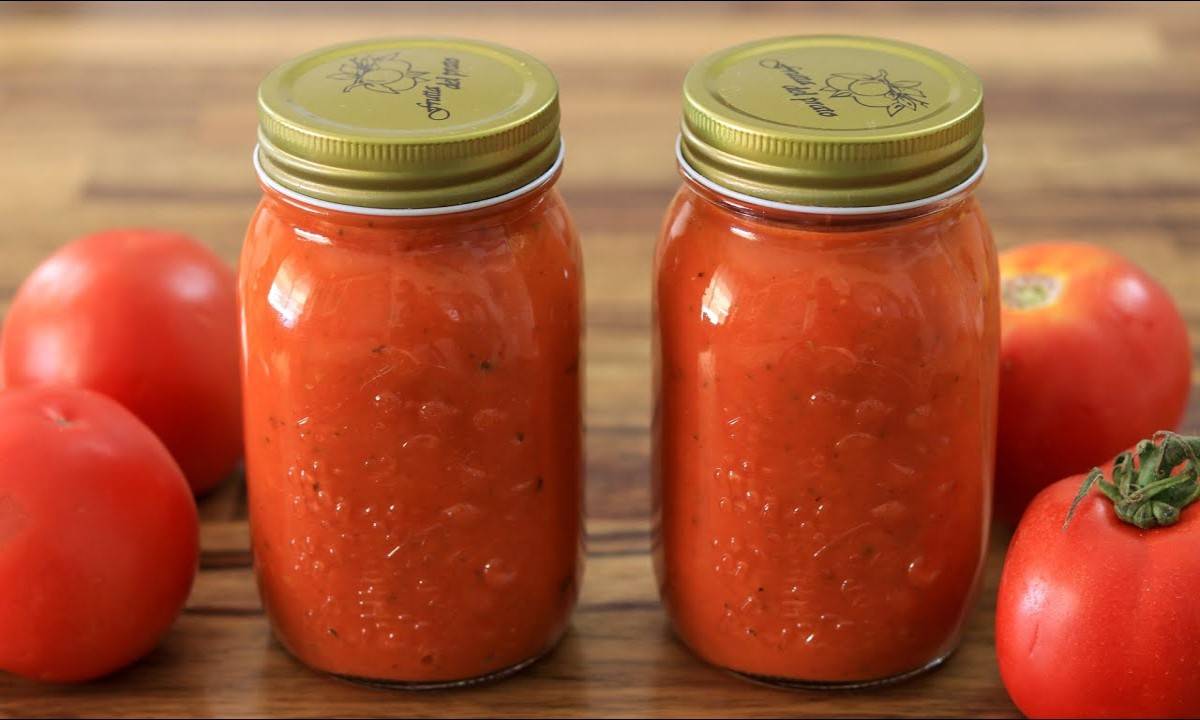
TMG is an organization that does not seek to make a profit and was established in 2013. Its mission is to create a network of knowledgeable farmer partners to meet the expanding food and export demands of the nation.
To this day, more than 13,000 farmers working on a smaller scale have received training as a result of its programs.
Farmgold, which originates from Zimbabwe, is one of the most well-known brands in that country. The company sells a wide variety of tomato paste products, each of which comes in a unique type of container.
The consistency of Farmgold’s® Tomato Puree is somewhere between that of crushed tomatoes and tomato paste. You can give soups, casseroles, meatloaves, gravies and sauces flavor with tomato puree from Farmgold by using it.
The products manufactured by this company are distinguished by a number of unique qualities. In point of fact, the products are made from real tomatoes and are uncomplicated and natural, containing no preservatives.
Their cans come in very practical packaging. Easy-Open lids.
Their paste cups are round, making them compatible with the shape of a spoon; consequently, there is no mess and no waste.
There are a variety of different packaging formats available, ranging from value packs to catering sizes.
Spreads, Canned Products, Preserves, and Snack Foods of the Highest Quality are Produced and Distributed by Associated Foods Zimbabwe, Zimbabwe’s Leading Food Manufacturer and Distributor.
They work hard to meet the requirements of their customers and to contribute positively to the development of the food industry by offering consumables that are both reasonably priced and of high quality and which are produced using methods and processes that minimize expenses.
All the while, they make sure that the interests of all parties involved are respected.
Spreads, Canned Products, Preserves, and Snack Foods of the Highest Quality are Produced and Distributed by AFZ, Which Is Both a Manufacturer and Distributor.
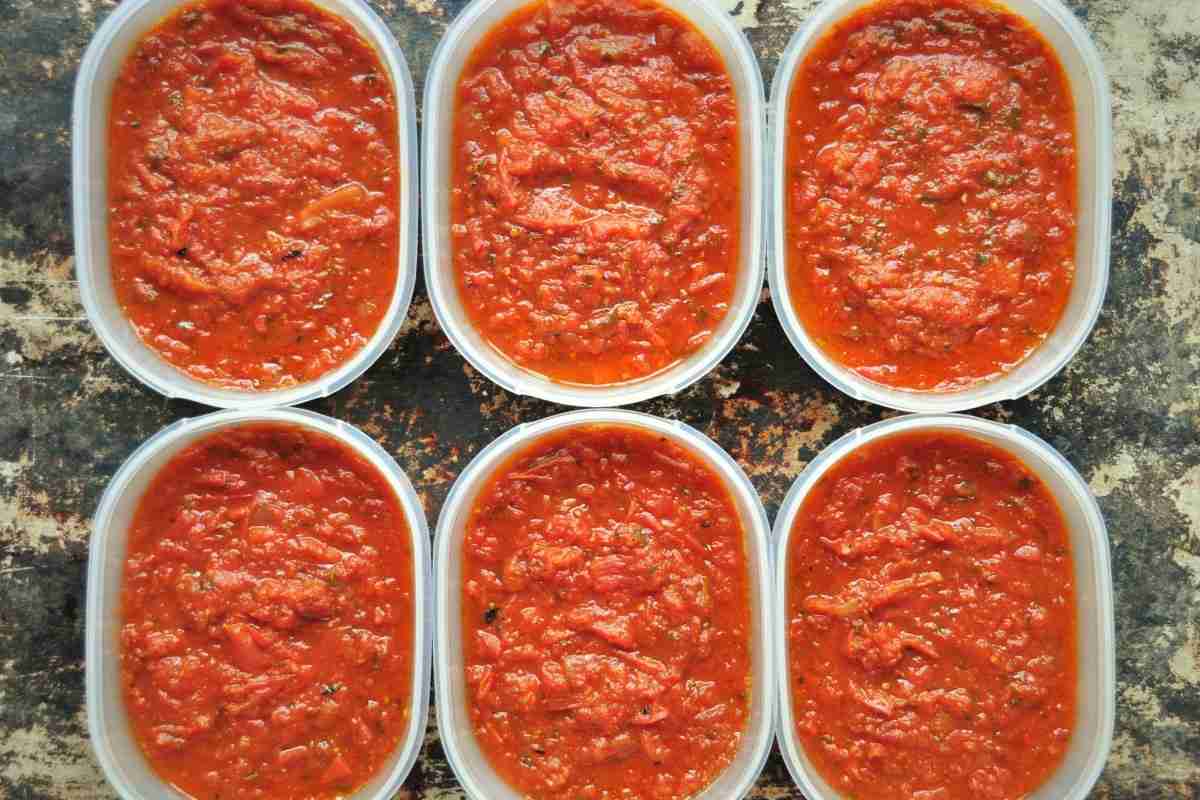
They are the most trusted provider of these goods in all of Zimbabwe, the surrounding area, and even further afield.
They are proud of the fact that their business is based on a farm and that they conduct themselves in an ethical and environmentally sustainable manner for the benefit of all of their stakeholders.
They conduct themselves in a manner that is in keeping with the highest possible standards, in every aspect of our work.
They cultivate an environment that encourages employees to be passionate (in the sense of being committed in heart and mind) and responsible (accountable for what they do)
Leaders(courage to shape a better future) (courage to shape a better future)
The tomato paste will keep for the longest period of time if it is frozen. One of the ingredients that a lot of people keep in their freezer is tomato paste, which is used in a lot of different dishes.
For the long-term storage of this seasoning, do you make use of methods that involve freezing tomato paste? In what kinds of storage containers can one freeze tomato paste?
Is there any danger to one’s health posed by freezing the paste? In this article from Lifestyle Service, we will address each and every one of these concerns regarding the various techniques for freezing tomato paste.
Freezing food is, in general, one of the best ways to keep it from going bad for a long period of time without going rancid.
Although preparing food to the point where it is frozen is one of the most reliable methods for maintaining its quality and flavor, it is important to note that while using fresh ingredients may be more advantageous for one’s health, doing so does not necessarily result in better quality or taste in the finished product.
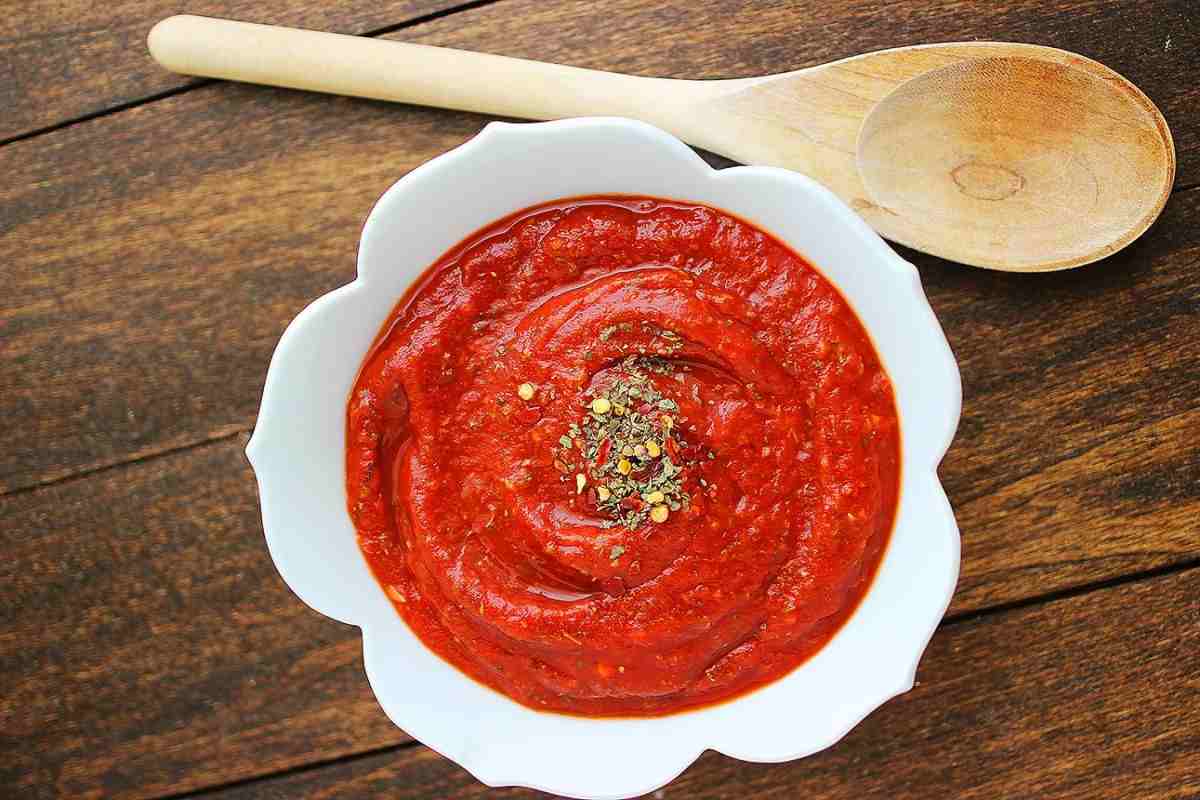
Freezing tomato paste is one of the many different methods that can be used to store tomato paste.
Freezing tomato paste also extends the amount of time that tomato paste can be stored safely. Freezing tomato paste is one of the things that can be done to prevent it from becoming bitter.
While this is going on, one of the ways to freeze tomato paste is to freeze the tomatoes on parchment paper. There are other ways to freeze tomato paste.
first stage
You can freeze tomato paste using this method as long as you use a tablespoon or a teaspoon of tomato paste for each serving. In this technique, you will need to line a tray or plate with parchment paper.
Then spread tomato paste on the paper using either one tablespoon or one teaspoon. Proceed in this manner until there is no more tomato paste.
The second level or stage
After spreading the tomato paste out on the oil paper at a distance from one another, place the entire sheet of paper in the freezer for two to three hours, or until the tomato paste balls have solidified into a ball shape.
Although the balls do not completely freeze over, their previous state of being soft and liquid is replaced by one in which they are more solid.
the third tier
The next step is to remove the paper from the freezer and roll it up to make it more manageable in size. Put the greaseproof paper in which the frozen tomato paste is contained inside of a container with a lid, and then place the container in the freezer.
Throw away the paper after each use and replace it with one or more balls of tomato paste that has been frozen.

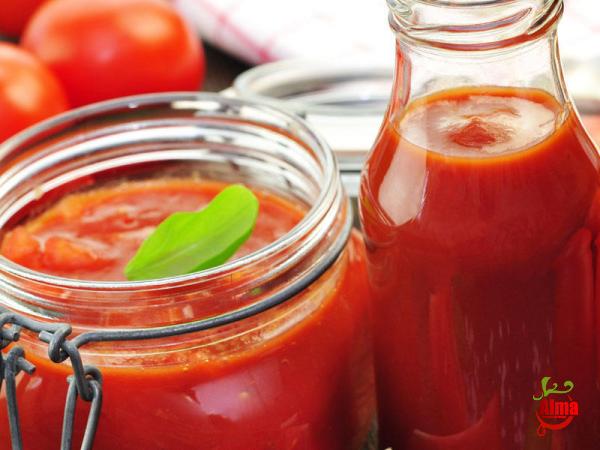
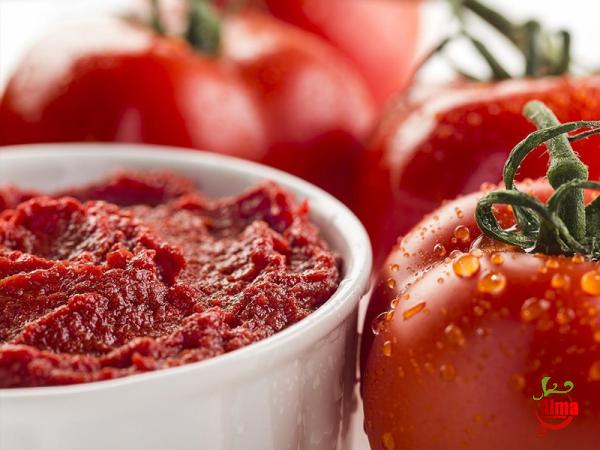
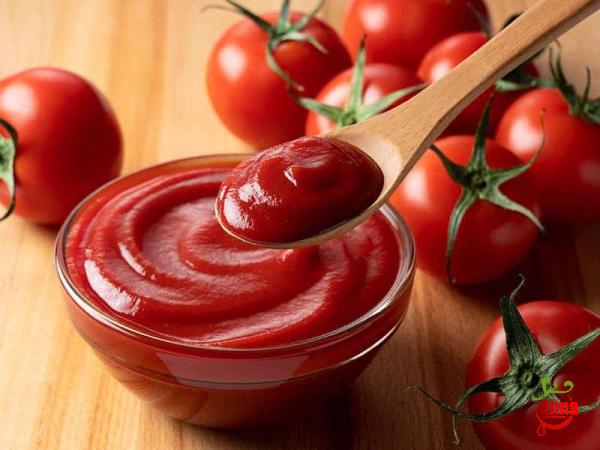




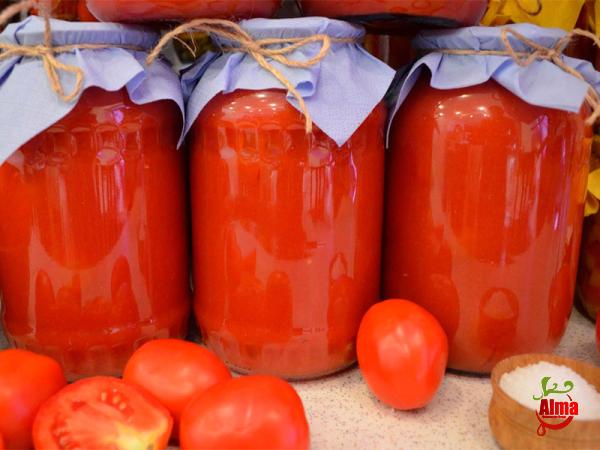
Your comment submitted.